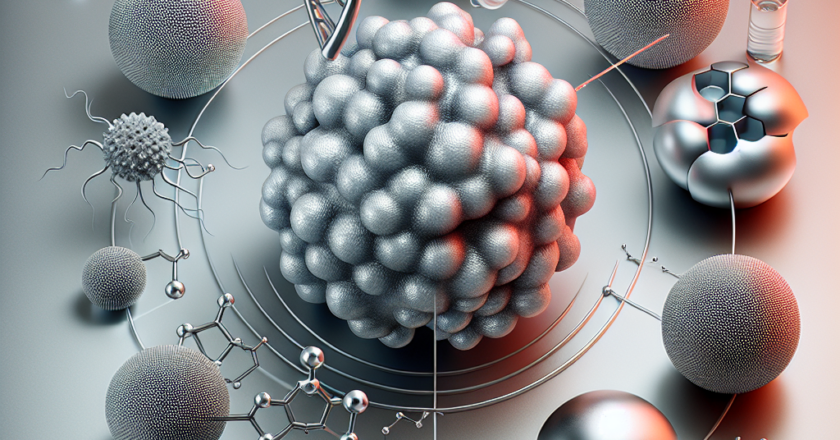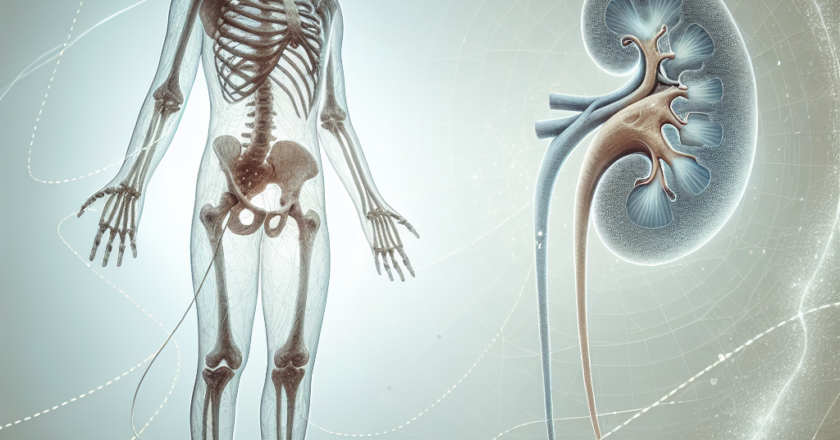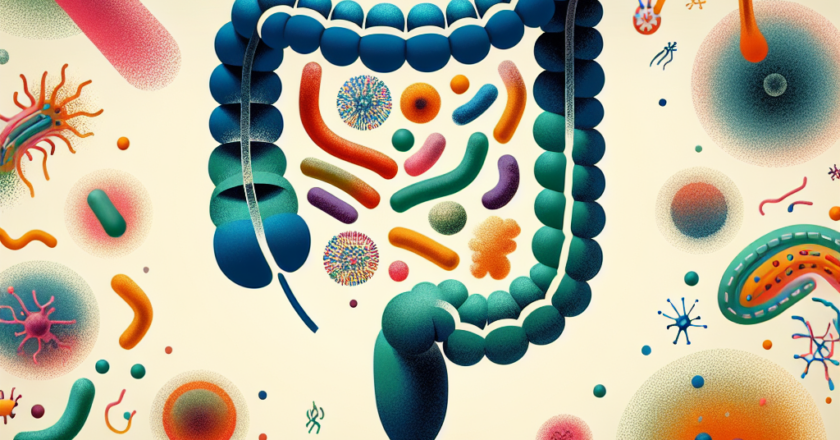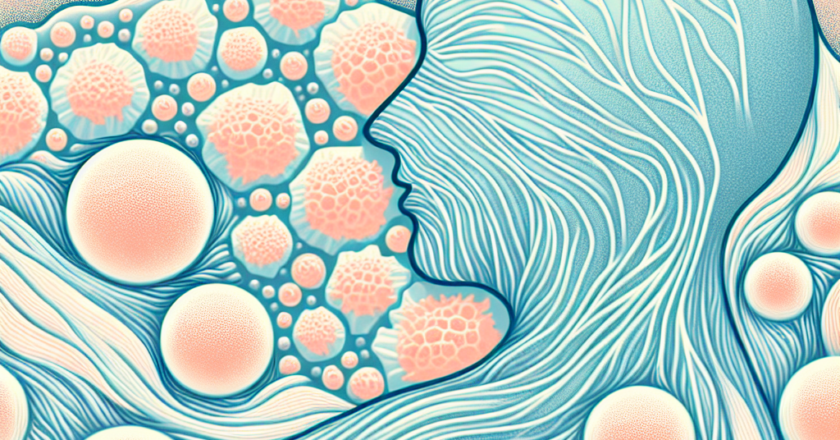Silver Nanoparticles: A Dual-Action Solution for Antimicrobial Defense and Cancer Fighting
Key Points:
- Silver nanoparticles have antimicrobial properties.
- These nanoparticles can also kill various cancer cells.
- They achieve this by damaging cell membranes, blocking ATP production, and fragmenting DNA.
Author's Take:
The versatile silver nanoparticles not only exhibit antimicrobial properties but also show promising abilities to combat cancer. Their multifaceted mechanisms of action, including damaging cell membranes and DNA fragmentation, hold potential in the fight against cancer cells.
Click here for the original article.










